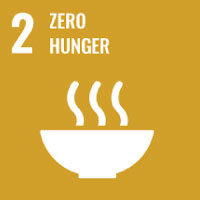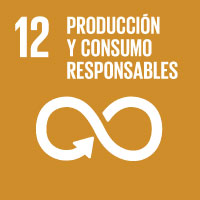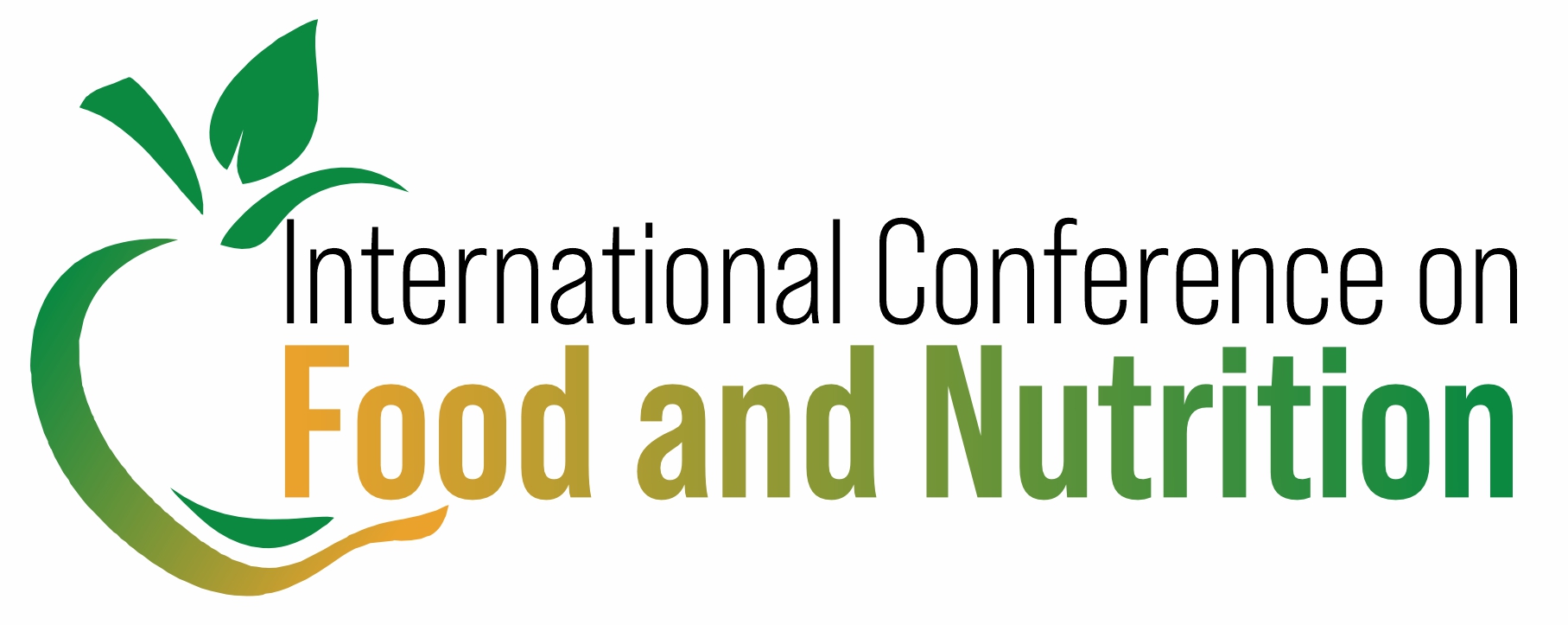- Phone
+1 (815) 859-9409
- Mail to
[email protected]
Global Food Security
Session Overview

Goal 2: Zero Hunger
End hunger and achieve food security by improving agricultural productivity and ensuring equal access to nutritious food for all. Promote sustainable agriculture to tackle global hunger challenges.

Goal 12: Responsible Consumption and Production
Ensure sustainable production and consumption patterns to minimize environmental impacts. Encourage responsible practices in industries to promote resource efficiency and reduce waste.
Who Can Join
Tracks
Topics of Interest for Submission include, but are not limited to:
1 Challenges in food distribution and access
2 Sustainable agriculture practices
3 Food waste reduction strategies
4 Impact of climate change on food production
5 Food sovereignty movements
6 Urban farming and community gardens
7 Technological innovations in farming
8 Carbon footprint of different diets
Key Themes:
- Exploring cutting-edge technologies that revolutionize culinary practices, enhance food production efficiency, and offer innovative gastronomic experiences.
- Addressing strategies to tackle hunger, food scarcity, and equitable food distribution in the context of growing global populations and resource constraints.
- Highlighting advancements in food safety protocols, contamination prevention, and hygiene practices to ensure healthier consumption.
- Investigating the integration of traditional diets and medicinal foods into modern nutritional science for enhanced well-being.
- Emphasizing the role of diverse dietary habits and cultural influences in shaping sustainable and inclusive nutrition systems.
- Advocating for sustainable farming techniques, eco-friendly food production systems, and technological interventions in agriculture.
- Exploring adaptive strategies for food systems to withstand and mitigate the impacts of climate change.
- Discussing the potential of plant-based, lab-grown, and other alternative proteins as sustainable solutions for future food needs.
- Promoting awareness, policy-making, and advocacy efforts for better public nutrition and health outcomes globally.







